










Congratulations and welcome to UNSW Law! You should be very proud of all your hard work and efforts that got you here. As the 2023 UNSW Law Society Presidents, we warmly welcome you to Law School. We hope to make this journey enriching and joyous for you.
The UNSW Law Society is the representative student body for UNSW Law Students. We offer a wide range of programs and initiatives to help students create long-lasting friendships, develop their academic and professional skills and explore career opportunities. The UNSW Law Society prides itself on providing a diverse range of initiatives to suit the diverse needs and passions of our members. We encourage you to find what opportunities are right for you and embrace them with open arms as you start this exciting new chapter.
We have many great initiatives planned to help you transition into UNSW Law. Firstly, our Connect Program which pairs international and domestic students together to support you through your journey at UNSW. We also have our Welcome Drinks and BBQ events which are opportunities to create connections with other international students. To become part of this community, make sure you sign-up to become a UNSW Law Society member at O-Week or through our website. To stay up to date with the events offered, visit our website to follow UNSW Law Society on our social media platforms such as Facebook, Instagram, and LinkedIn. We also encourage you to join our student-run UNSW Law Discussion Forum on Facebook.
We wish you all the best in your UNSW Law School journey, and we hope that UNSW Law Society can play an important role in your time here. We look forward to seeing you around campus. Be sure to say hi!

All the best!
Matt Ng and Shanzeh Malik 2023 UNSW Law Society Presidents
Hello! My name is Jamie, and I am the Vice President (International) for 2023. On behalf of UNSW Law Society’s International Portfolio, I warmly welcome you to the new academic year! This year, my directors and I have planned our most ambitious year yet- giving international students insights into the Australian legal industry, and providing eye-opening international initiatives to the greater UNSW Law community.
In preparing for the year ahead of us, our publication Perception aims to provide not only information on what UNSW Law is like as an international student, but to also give you the tips and tricks on how to survive in Sydney. Everything here has been carefully collated by our Media Director and contains friendly advice that will hopefully get you over the line!
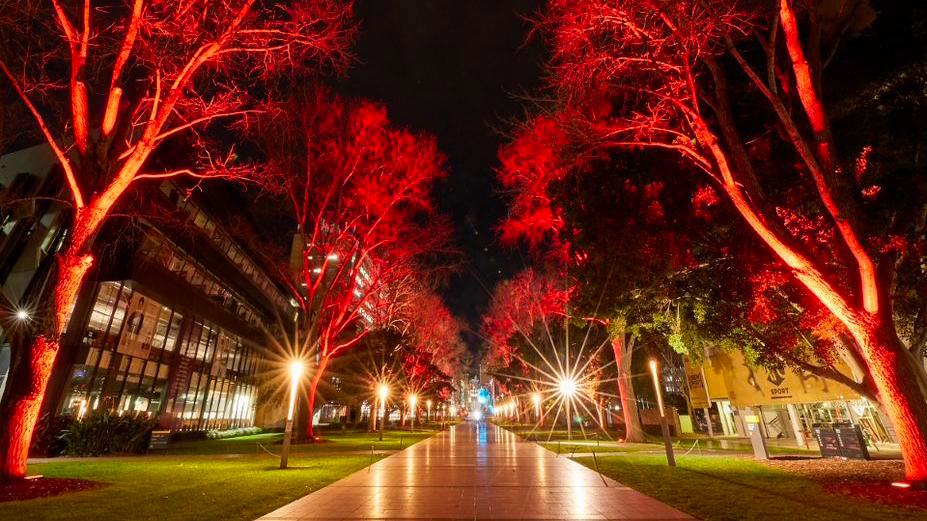
The team and I have prepared many career, wellbeing and social initiatives to develop you not only academically, but holistically as well. If you are interested in more details, the welcome messages from our Activities, Careers, Student Development and Media directors will give you a deeper insight.
I wish you all the best for the year of 2023 and I hope to see each and every one of you soon!
Jamie Chew Vice-President (International)
Hi there, I am Gloria, the International Media director this year and would like to welcome you to law school!
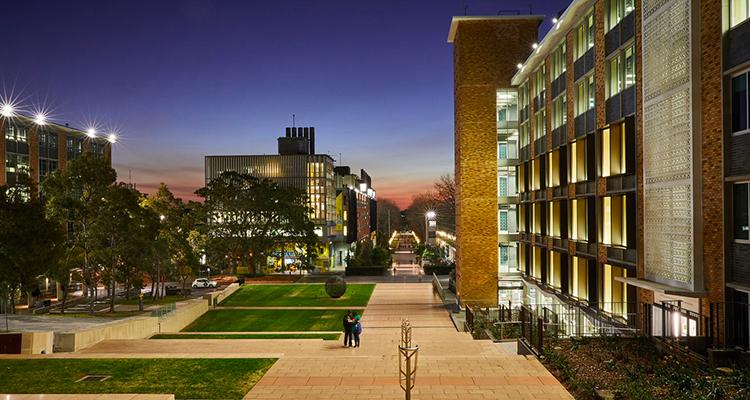
A few new initiatives have been developed to aid international students to adapt to living in Australia. This includes the process of arriving in Australia, acquiring a visa, and making friends to help foster a sense of belonging.
For this year, we devised a new initiative to have a wechat group for all law students to communicate different opportunities, to form study groups and find peers to attend events together, and for reminders of various events in international portfolios. If it is successful, we would extend it to other platforms. For students who would like to join, the link is at the back of the perception guide.
In addition, we would continue to provide information through the newsletter, Connect, on information most concerning to international students, such as student life, entertainment and academics.
Our goal would always be to support international students in this journey and we extend our warmest welcome to all students. Please look out for any updates on our social media and we look forward to seeing all of you on the campus!
Gloria Li (International Media Director)Hi everyone! We are Sunny and Isaac - the Student Development Directors for UNSW Law Society’s international portfolio. We wish to extend a warm welcome to each and every one of you on entering the UNSW Law School and wish you all the best for the exciting new academic year ahead! We understand the transition into law school could be difficult and overwhelming in the beginning. So, as your student development directors, we focus on developing international students’ both professionally and academically. Through multiple skill-focused seminars, law related competitions and buddy bonding opportunities, we hope to prepare you to quickly adapt and thrive in law school.
Throughout the year, we will be introducing and holding our Practical Legal Writing Seminars as well as our CV and Resume workshops. Our speakers will be experienced alumni who will be able to illuminate any uncertainties you have and provide you with the empirical tips they have collated during their time at university. We hope to see you there! Legal challenge and law essay competitions are two events where you can apply legal writing and research skills learnt in the classroom to focus on a broader world of law. You will get to know local Aussie students, have a taste of authentic Aussie uni life and culture through the Connect Buddy Program. Keep an eye out as signups are open soon! Have a wonderful year and we look forward to seeing you all at the numerous events we are hosting!
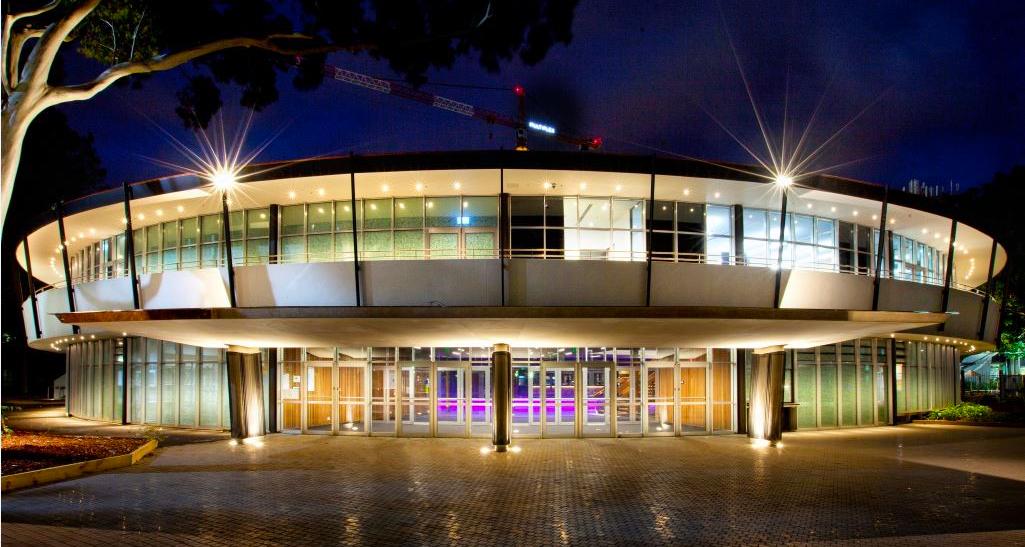 Sunny Du and Isaac Chan (International Student Development Directors)
Sunny Du and Isaac Chan (International Student Development Directors)
Hi everyone! We are Rachel and Tiffany, the Activities Directors for UNSW Law Society’s International Portfolio this year. Firstly, we would like to welcome you on entering the UNSW Law School. As Activities Directors, we focus on facilitating international students’ adjustment into the academic and social environment at UNSW Law, as well as integrating international students into the wider student body, through organising a range of social and cultural events.
To start off 2023, we will host events such as Welcome Drinks and on-campus barbecue for you to meet other international students and peers within your cohort. We also have a Food Crawl planned for term 1, where we will group you with other students to explore Sydney CBD and enjoy a variety of foods at the same time.
Throughout the year, we will also host other social activities such as social badminton and bouldering! Through providing wellness activities, we aim at improving international students’ physical and mental health, and furthering interpersonal relationships within the international community.
Once again, we warmly welcome you to the UNSW Law School, and wish you all the best for the new academic year! Please keep an eye out for our events, we hope to see you at some (or all!) of our events soon!
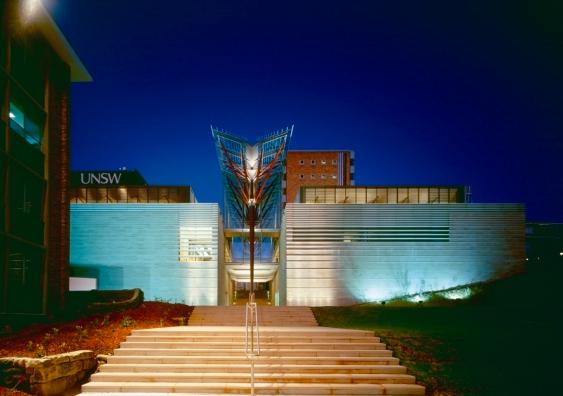 Rachel Ng and Tiffany Wang (International Activities Directors)
Rachel Ng and Tiffany Wang (International Activities Directors)
Greetings to all students in the UNSW Law School, we extend to each and every one of you a warm welcome. We are Nicholas and Angie and we have been handed the privilege of being the International Careers Directors of the UNSW Law Society’s International Portfolio. Having been handed the role of international careers directors, we have two sole objectives: to provide domestic law students with overseas career opportunities and to provide international law student with domestic career opportunities.
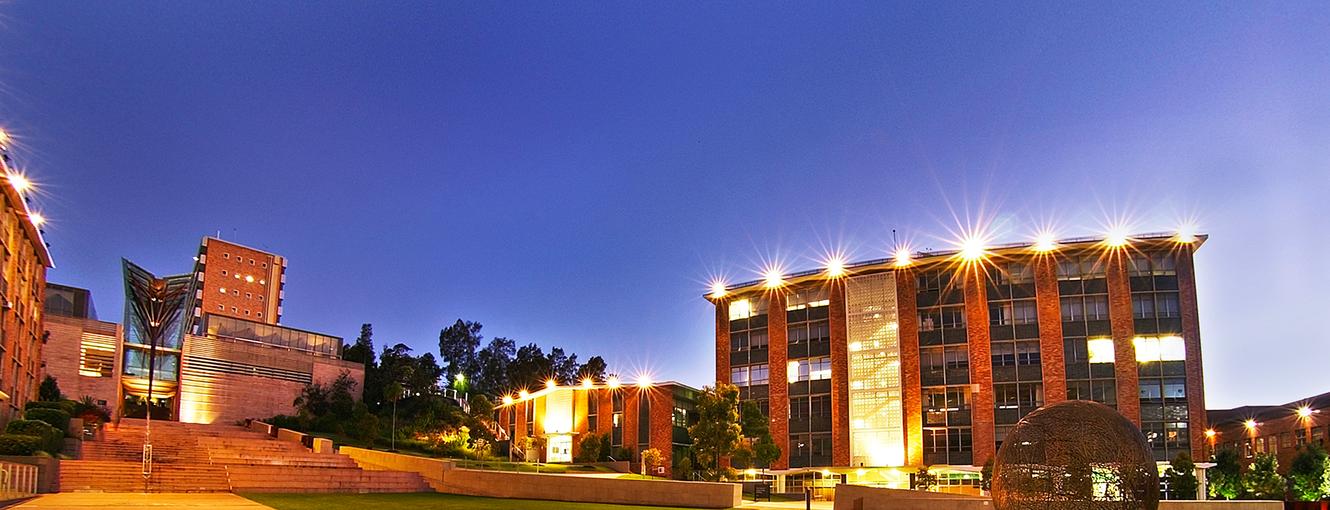
For 2023, we plan to hold a big emphasis on hosting of information sessions regarding international career paths in the legal field. Throughout the year we will seek the assistance of international law firms and legal agencies in giving students insight to potential work opportunities on a worldwide scale.
Such presentations are catered to give both domestic and international students in which we hope to provide insight and understanding into both what an international legal career requires and involves. These include an International Human Rights Law Careers Session & Personal Branding Workshop to name a few. Information provided extends from the recruitment process to the work culture that domestic and international students alike normally have restricted access to. More importantly, a major goal we seek to pursue is assisting students in developing the necessary relationships to obtain an international legal career. We address such a goal through events such as the Chinese Speaking Networking Evening in collab with the JD/PG portfolio and Alumni Networking Event. With a heavy focus on in person events, there will be opportunities to connect and liaise with sponsors for both international and domestic students.
Other major events to take note of include the International Law Fair where individual global law firms will present to domestic law students an opportunity to consider career opportunities overseas in countries such as Hong Kong, the US and the UK. Furthermore, it provides a chance for brief interaction and meeting with international law firm representatives. Additionally, student exchange is also a large component of establishing an international legal career. We have planned to have previous exchange students share about their experiences and also to have overseas partner universities through exchange information nights. Our goal is to provide a more in depth information evening to students to what an international exchange holds.
Keep your eyes peeled for the UNSW Law Society Facebook page for more details. We look forward to what this year has in store!
Nicholas Yuen and Angie Tsang (International Careers Directors)


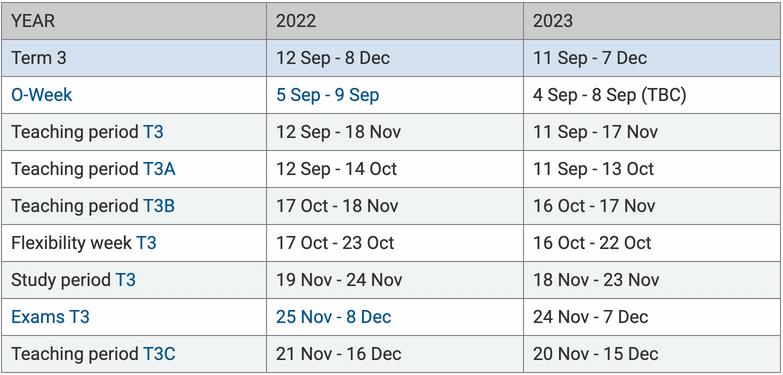

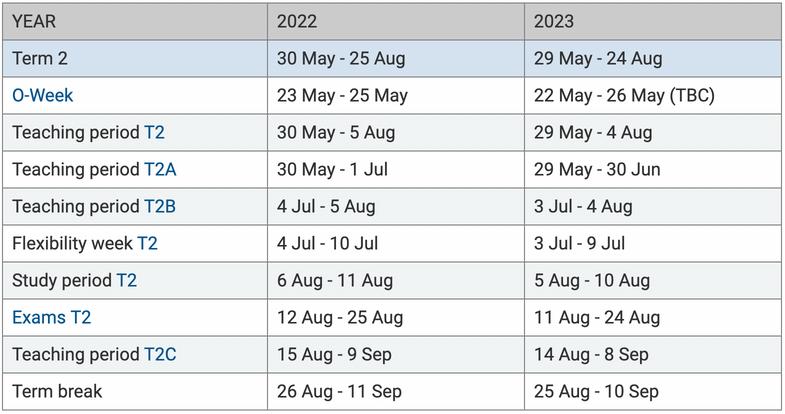
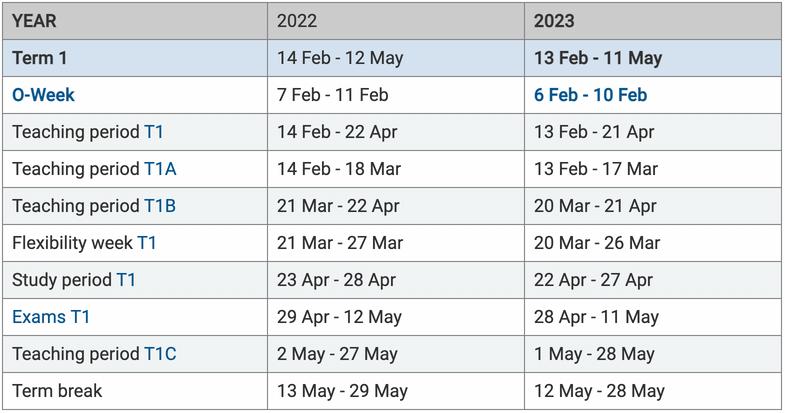

Term 2

The Law Building, located in the lower campus, is where you will be having most of your law classes. It is very close to the light rail and lower campus entrance. A common route taken to get to the building is a train to central, then the L3 (Kingsford line) light rail, stopping at UNSW Anzac Parade The law building consists of 4 levels, with seating spaces spread across each level, useful for studying as well as resting. There are two entrances to the law building, one from the main walkway and one from Union Road leading straight to the law library
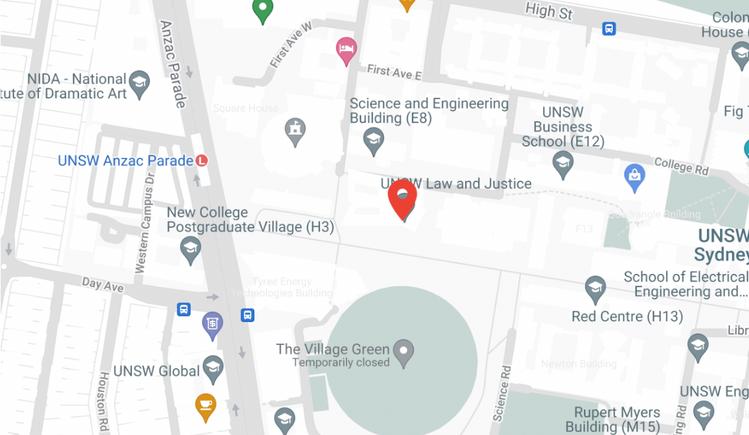
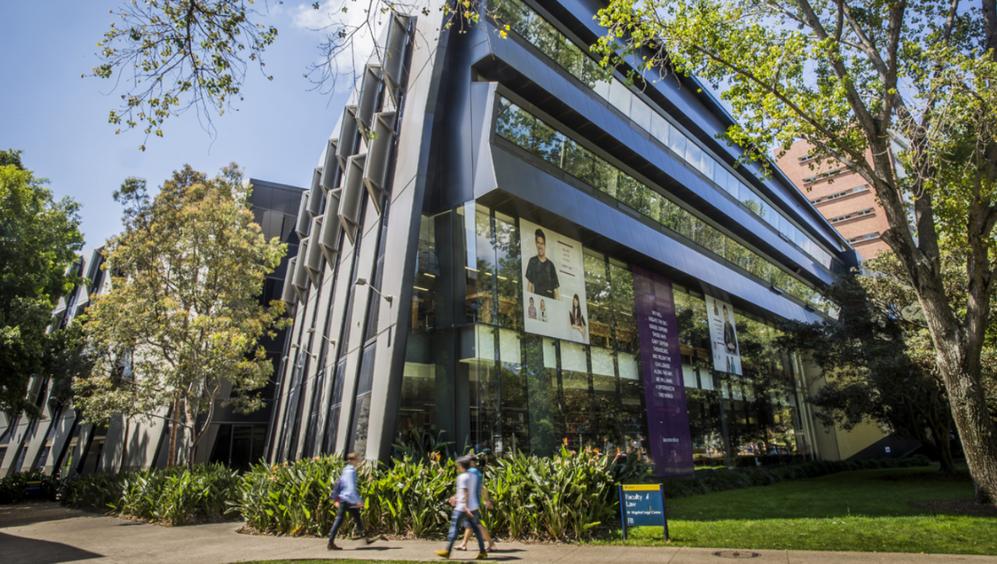


Also located within the law building is the Law Library, accessible from the ground level. It is a great place for studying, researching, and reading especially when you have breaks between classes or are waiting for a class to start. You may sometimes have classes here in the tutorial rooms including the legal research and writing tutorials as part of LAWS1052, your first law subject. Although it may get busy during exam season, study spaces can be booked beforehand online (https://unswlibrarybookings.libcal.com/). Don’t forget to bring your student ID required upon entrance and used to access printing services.
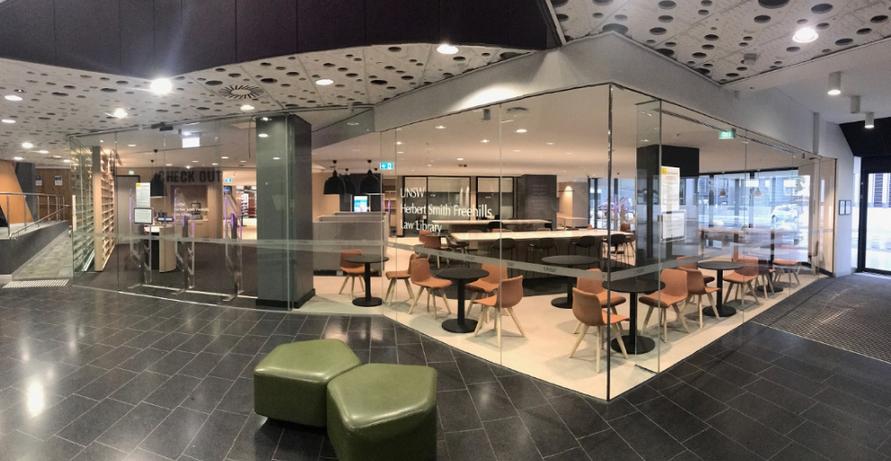
Another popular option for studying is at the Main Library situated in the upper campus. It provides similar services as the Law Library but is larger and more spacious with 8 levels compared to 2 levels in the Law Library. The Nucleus, which is the student hub at UNSW is also situated in the main library on level 2


To get to the main library from the law building, you will need to walk up the main walkway to the upper campus, including a few sets of stairs which may be beneficial to your daily exercise Otherwise, if you only plan to go to the university to study at the main library, you could take the L2 (Randwick Line) light rail, stopping at UNSW High Street, to get to the upper campus
Building maps of both libraries are available here: https://m.library.unsw.edu.au/locate/.

A student ID card is essential on campus It needs to be presented when accessing any of the buildings and study spaces at UNSW, especially the main library and the law library. Importantly, you need it to be eligible for all the student discounts offered by UNSW and other stores.
Application Process:
Before requesting a student ID, Prepare an identification document. This could be a passport or a valid Australian visa. Making an ID Card Appointment online
(https://kiosk.us1.qless.com/kiosk/app/home/6100000015/?queues=6100000088)
On appointment day:
Show up on time at The Nucleus: Student Hub to have your photo taken Receive your student ID card immediately
For more information, please visit: https://www student unsw edu au/id/new
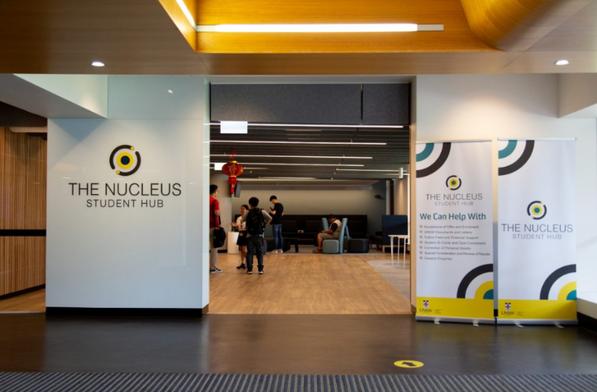
Textbooks for all of your courses are available for purchase at the UNSW Bookshop, accessible on the lower campus, western end of the Quadrangle Building, and online at https://www.bookshop.unsw.edu.au/. A few copies of your textbooks may also be available for borrowing at the library, with their availability visible online (https://www library unsw edu au/)
However, to reduce the cost of attaining physical copies of your textbooks, buying second hand textbooks is a great way to save and reutilise resources.
You can purchase second hand textbooks on the UNSW Textbook Exchange (Law) Facebook group (https://www facebook com/groups/154972171333330/?ref=share), Ebay, and other websites such as StudentVIP (https://studentvip com au/unsw/textbooks) When buying secondhand textbooks, don’t forget to check that is it the correct edition which you will be using for class
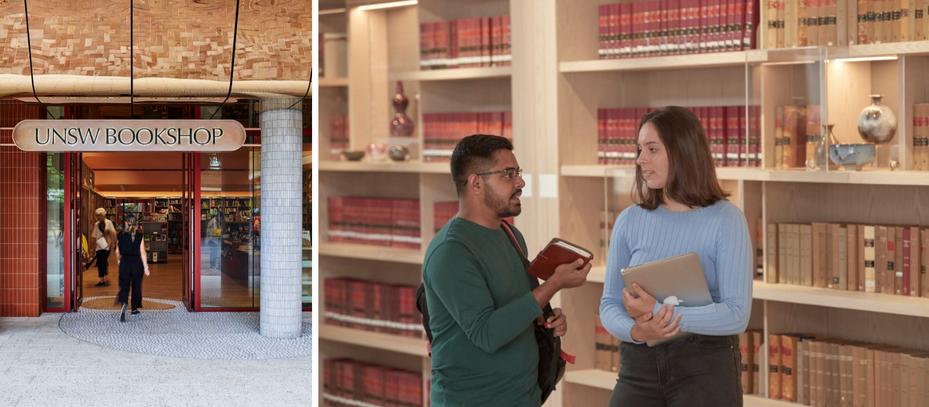 The UNSW Bookshop
The UNSW Bookshop
To help you plan your law degree, a study planner is available to all students at https://my.law.unsw.edu.au/ showing all suggested courses each term. It is extremely useful and allows you to enrol into courses early to save you the stress of last minute registrations
To access the planner on mylaw, click on ‘My academic life’, and ‘Enrolment’, then ‘Enrolment Guidelines’ - ‘New undergraduate students’ or ‘New Juris Doctor students’

Did you know that it is necessary to complete PLT to be eligible for admission to practice law in Australia?
Practical Legal Training is a structured program that assists you to develop the practical skills and proficiency you will need as an entry-level legal practitioner. PLT is a requirement to be admitted as a lawyer in Australia, which is usually undertaken after completing a law degree Successful completion of a PLT program will result in a Graduate Diploma of Legal Practice, which makes you eligible to apply for admission as a legal practitioner in your jurisdiction.
In New South Wales, PLT consists of two components: structured and supervised training and workplace experience The training takes approximately three months full-time or eight months part-time Workplace experience requires around 75 working days of supervised experience in delivering legal services
There are many organisations that provide PLT programs, including UNSW.
The university provides one-on-one consultation with UNSW PLT. If you would like to know more information about PLT, feel free to check out https://calendly com/vjivan/unswpltconsultations?

fbclid=IwAR2AEwgaLrKo7DiYy5DhIMMnfOTJZf8hsFdrYgxoftPi42imHvJA9SblPpI&month=2022
For more information, please also visit: https://www lawsociety com au/practical-legaltraining.
Domain and Realestate are the main applications used to find accommodations in Australia. The applications are user friendly and will notify you of new listings.

A typical process may look like this:
After finding accommodations you are interested in, you need to book an appointment with a real estate agent to inspect the properties. Open inspections, properties open to everyone at a specific time, would be available weekly or fortnightly. Alternatively, you can contact the agents and make an individual inspection appointment.
After your inspection, the next step is submitting the rental application form that the agents have provided to you. Your application should include various documents, which would be listed in the form (passport, payslip or COE etc.). Each document corresponds with different points. The more documents you provide, the higher your points get (each applicant is required to produce 100 points for identification purposes).
The agents will then assess your application and compare with other candidates. You will be notified of the result of the application. If it is a successful application, congratulations, you can sign the contract.
For access to public transport in NSW, you will need an Opal card, a smartcard ticketing system used to pay for travel fares. To get an Opal card, you can visit any Opal retailer, including almost all convenience stores and newsagents such as 7-Eleven. While there is no charge to an Opal card, the minimum top up value for an adult card is $20.
Alternatively, you may use contactless payment, paying directly with your credit or debit card linked to your phone, or buy a single trip ticket for the times that you forget to bring your opal card.
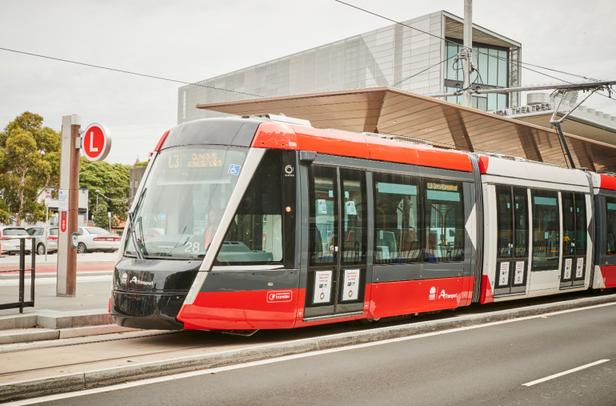
Make sure to always tap on and off, as if you do not tap off, you will be automatically charged the maximum default fare (no more than $16.30 for adults however) because the system will assume you travelled the furthest distance provided by the service you were on.
Furthermore, since the trip will be classified as incomplete, it will not be counted towards the Weekly Travel Reward on your opal card where your fares will be half price for the rest of the week when you have paid for eight journeys in one week.
For more information, please visit https://transportnsw.info/ticketsopal/opal
For students, there is a concession card which you may apply through online. Benefits of a concession card includes a cap of $8.4 per day regardless of number of trips, and that there is a 30% discount during weekends, public holidays and offpeak season.
Process of applying for concession card: 1 2. 3
Go to the website of Opal Card: https://www.opal.com.au/ordercard? execution=e4s1
In “Choose an opal card”, choose “Concession Card” (Grey Card) Fill in relevant details and pay
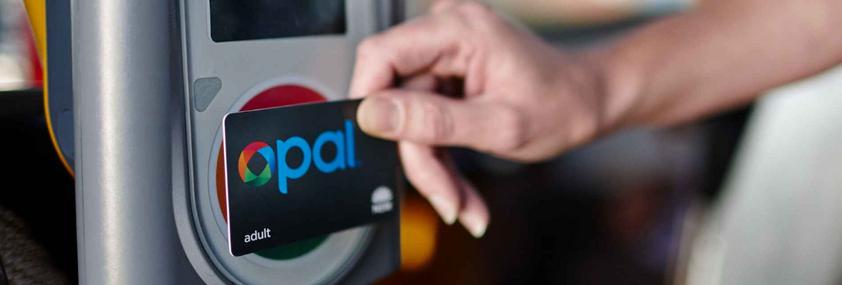
*be sure to confirm your accommodation details and student number before application
When you purchase alcohol and tobacco or go to bars or clubs in Australia, you must present your photo identification. Instead of bringing your passport around and bearing the risk of losing it, you can apply for a NSW Photo Card which is accepted as identification in most places with a few simple steps.
The process of application:
Download and complete the NSW Photo Card Application Form. Gather the necessary identity documents, including proof of identity documents and your proof of signature.
Visit a service centre to have your photo taken and submit your application. Your Photo ID will be delivered to your registered address in 5-10 working days.
(Note: A fee will incur when applying a Photo ID)
For more information, please visit: https://www.service.nsw.gov.au/transaction/applynsw-photo-card
As an international student, you must ensure you hold a valid and current visa which entitles you to study for the duration of your degree and remain in Australia. This typically is a subclass 500 student visa. The visa is subjected to conditions you must ensure you comply with those all the time.
The conditions, including but not limited to:

Working restriction: You can only work up to 40 hours in a fortnight. A fortnight means the period of 14 days starting on a Monday. However, there is an exception, where a work experience/work placement that is a mandatory course requirement or in the period required in the course registration is not included in a student’s work restriction of 40 hours per fortnight.
(NOTE: working limit lifted due to COVID, Student visa holders will now temporarily be permitted to work more than 20 hours across all sectors of the economy. The work hour change will be reviewed in April 2022)
Meet course requirement
More information on student visa options and conditions can be found at the Department of Home Affairs website.
Although not compulsory for international students, it is highly advisable to apply for a TFN, your personal reference number in the tax and superannuation systems in Australia, especially if you are planning to work.
According to the ATO (Australian Taxation Office), “if you're enrolled to study in Australia in a course that lasts for six months or more, you may be regarded as an Australian resident for tax purposes”, meaning that you pay tax on your earnings at the same rate as other residents but are also entitled to the benefits of the Australian tax system. If you do not have a TFN, the government will withhold more tax (46.5%) from your wages and you may pay more bank interest than necessary. To apply for a TFN, please visit https://www.ato.gov.au/individuals/ta x-file-number/apply-for-atfn/foreign-passport-holders,permanent-migrants-andtemporary-visitors---tfn-application/ After your online application, the ATO will post your TFN notification letter through mail within 28 days (note to not submit again within this timeframe and only contact them after the 28 days).
For international students who would like to be advised on general financial literacy and management, student support advisors provide financial advice, such as fixing spending leaks and setting financial goals. You can book an appointment through https://www.student.unsw.edu.au/fin ance/management
International students may apply for UNSW scholarships, student loans(accessible to all UNSW international students who meet eligibility requirements), support grants and fee payment plans. Payment Plans refer to short-term instalment plans designed to assist you to meet your financial obligations, which are available in cases of unforeseen or exceptional circumstances.
Citizens of Denmark, India, Norway, Sweden or the United Kingdom may access their country’s loan program. US students may apply for US Federal Direct Loan and private loans.
International students may apply for scholarships through https://www.student.unsw.edu.au/sc holarships.
For information for loans and more ways to obtain financial aid for international students: https://www.unsw.edu.au/study/how -to-apply/fees/financial-aid
Some notable Australian public holidays include: New Year’s Day on the 1st of January, Australia Day on the 26th of January, Good Friday on the Friday before Easter (April 15th this year), Easter on the first Sunday following the full Moon that occurs on or just after the spring equinox (Easter Saturday, Sunday and Monday on the 16th, 17th, and 18th of April this year), the Queen’s Birthday on the second Monday in June (June 13th this year), Labour Day on the first Monday of October (October 3rd this year), Christmas Day, and Boxing day on the 25th and 26th of December (December 27th is an additional public holiday for Christmas Day this year)
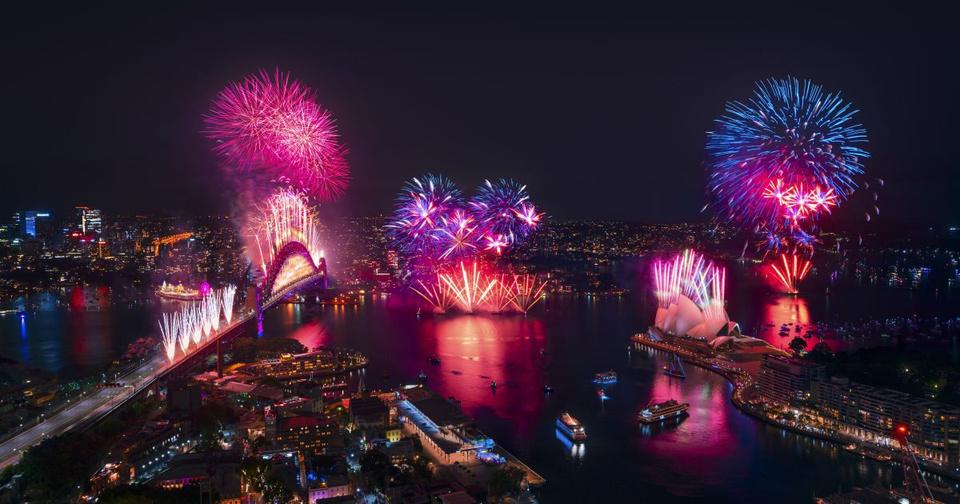
Although many holidays should be familiar to you, holidays such as the Queen’s Birthday may not have been celebrated in your home country. While it is important to learn about the context of national holidays, as international students, you are more than welcome to actively participate in celebrations in addition to your own home country’s As Australia is a multicultural country, many popular international holidays are also celebrated, although not recognised as national public holidays, such as the Chinese New Year, Valentine’s Day, and Halloween.
If you work part-time or casual, you are most likely entitled to a penalty rate of pay for hours worked on a public holiday (up to 250% for popular awards such as retail and hospitality)
For more information and guidance for your pay on public holidays, please visit https://www fairwork gov au/pay-and-wages/penalty-rates-allowances-and-otherpayments/penalty-rates/public-holiday-penalty-rates.
There are a few major grocery stores in Australia where most people choose to buy all their groceries from, namely, Coles, Woolworths, IGA, Aldi, and Costco (suitable for bulk buying) In particular, Coles and Woolworths are two of the largest supermarket chains in Australia, conveniently located in many neighbourhoods, covering all your daily needs with an extensive range of products It is worthy noting that both have reward programs that you should sign up to- Coles’ Flybuys and Woolworths’ Everyday Rewards, rewarding you points for every dollar spent Note that Costco(6 pm - weekdays), Aldi(8pmweekdays) and IGA(7:30pm - weekdays) close earlier than Coles and WoolWorths.
To learn more about the rewards and sign up, visit https://www coles com au/about-coles/flybuys#how and https://www.woolworthsrewards.com.au/.


There are many food options available on campus. Some popular choices include restaurants in the Mathews Food Court in upper campus, Quad Food Court, and food from the University Terraces in lower campus. From sushi to pita and kebab, there is a variety of food choices at UNSW There are also a number of cafes on campus, as well as a bar at the Roundhouse, and a milk tea shop situated in the University Terraces.
Visit https://www.estate.unsw.edu.au/food-retail/explore for a comprehensive list of choices
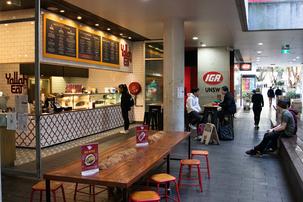
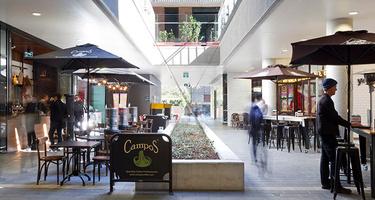
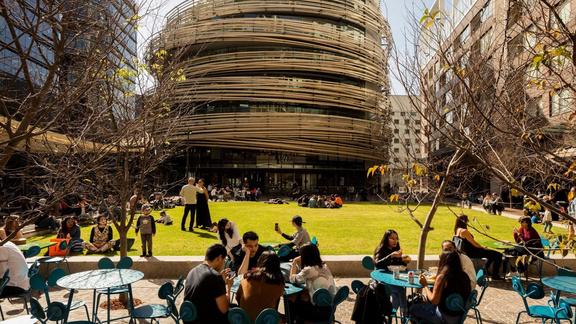
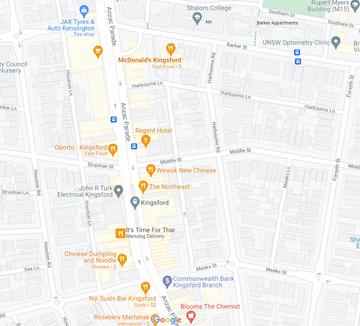
There are also many restaurants, cafes, and milk tea and yoghurt drink stores close to the university Opposite the road to the lower campus entrance is another popular milk tea shop, conveniently located for a drink before, during, and after classes. Walking down Anzac Parade, or alternatively, taking the light rail (L2 line) to the next stop, Kingsford, you will find many more restaurants that are available around the university
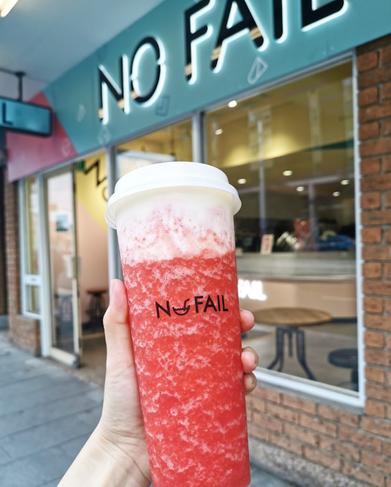
Another popular option is to take the light rail back to Central train station for even more options in the City, namely, in Central, Town Hall, Haymarket, and Darling Square Other places to visit include Coogee beach and Centennial Park (near UNSW) as well as the many sightseeing places such as Darling Harbour, Circular Quay, and The Rocks You may also visit museums, and art galleries such as the Powerhouse Museum, the Art Gallery of NSW, and the Museum of Contemporary Art
For more ideas, feel free to visit https://www sydney com/destinations/sydn ey/sydney-city.
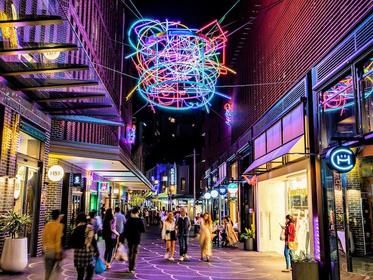
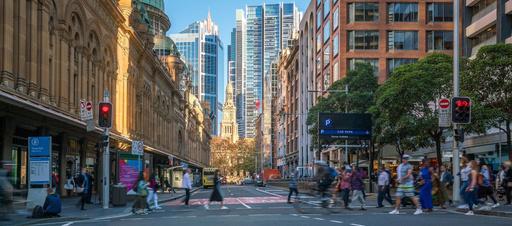
Hi, my name is Zheng Zhou, and you probably remember me from last year’s Lawkipedia! I am a JD graduate and I graduated T2 last year.
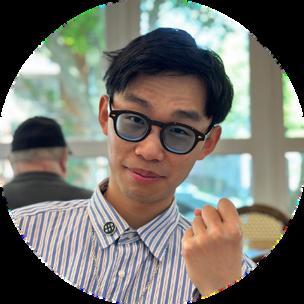
During my 3 years of JD course, I had the pleasure of participating in various initiatives the law society hosts, such as mooting, negotiations and mediations competitions. One of the mentionable highlights is that I have represented UNSW in the inaugural Trilateral ESL Moot against Macquarie University and Sydney University. And I am so happy we got second place. That was definitely one of the highlights of my UNSW journey.
I also tried my luck with all the internships I can put my hands on. I have interned at Kingsford Legal Centre (KLC), and as an associate editor for the Australian Journal of Human Rights (AJHR). I have also taken part in UNSW Law Internship and did a term in a not-for-profit organisation - Justice Action.
Currently, I am working in a boutique law firm in CBD and mainly focuses on commercial litigation.
I studied engineering as my undergraduate degree, but decided to pursue law because I don’t see myself working as an engineer.
I chose to do post-graduate study in Australia because I undertook one year of primary school in Australia and I feel that I have a connection with Australia.
UNSW is my top choice for university because it is known for its vibrant social culture and is more suitable for international students and Sydney is a metropolitan city.
The class sizes are smaller which would allow students to form connections with lecturers and classmates. The smaller class sizes also allow UNSW to contribute in the classroom which is beneficial for students.
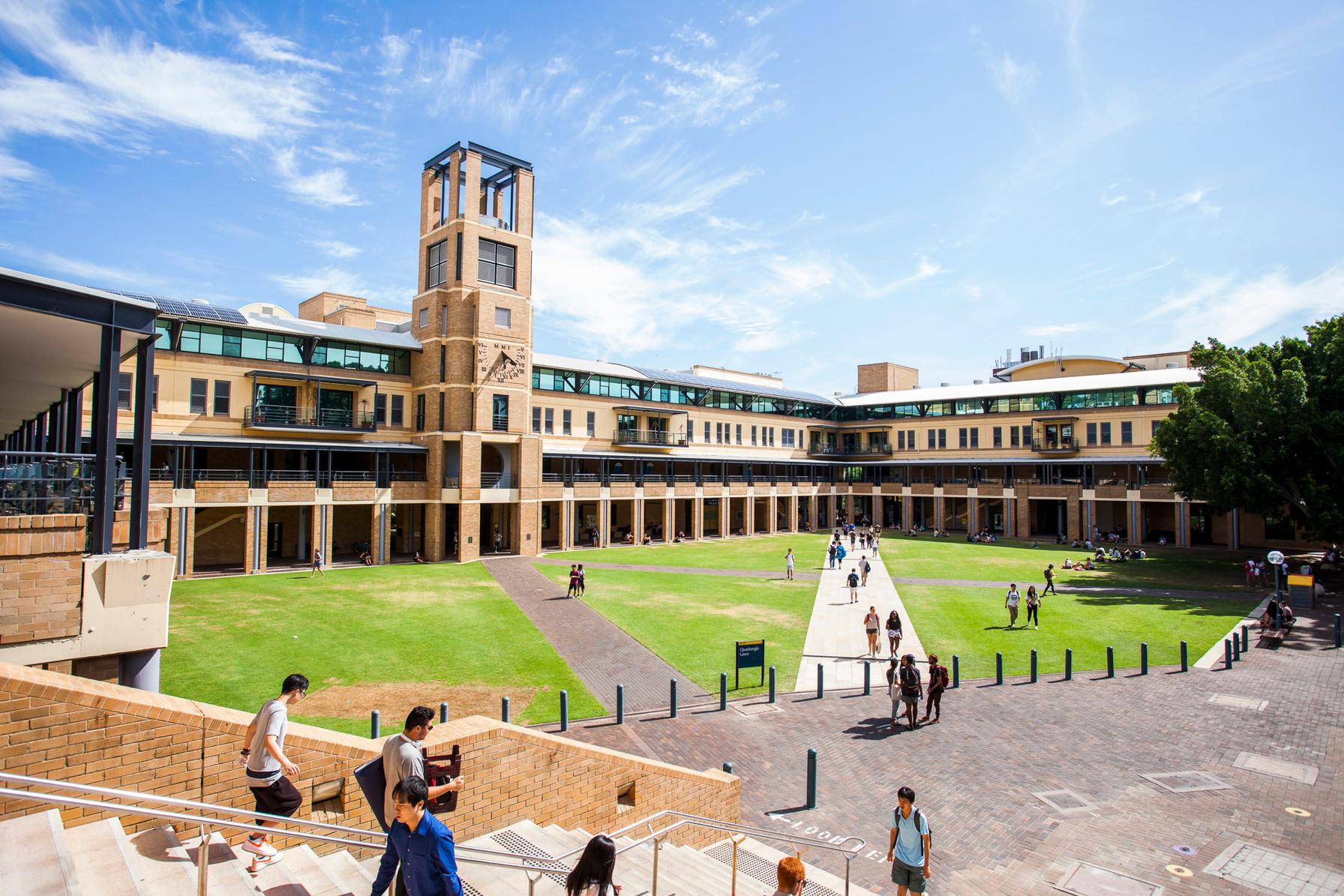
"UNSW is my top choice for university because it is known for its vibrant social culture"
Especially for international students, a huge consideration is most definitely with the Post-study Working Visa (PSW). The visa has currently been extended to three years to allow graduates to work in Australia.
Another factor is that I was lucky enough to secure a graduate position in a boutique law firm. For most international students, they would naturally need to seek a job when approaching graduation. I am lucky in the sense that I have been interning in this boutique firm in Australia since the start of my 3rd year JD.
There is actually an interesting story behind how I obtained the opportunity. The mooting competition I previously mentioned was sponsored by Frederick Jordan Chambers and they would send out employees to judge the competition. I connected with him on LinkedIn after the competition. At the start of my 3rd year, he reached out to say that he still remembers me from the competition and whether I would be interested in an internship position. Then, he got me started interning in the firm that he previously worked at – Juris Cor Legal. After I graduated, I was offered a graduate position. I am fortunate in the sense that there was no time lag between me graduating and me finding a job. That’s a pretty significant factor for me staying in Australia.
Q. Did you imagine that you would be in the position that you are at now?
I imagine that all law students would imagine themselves working at some law firms at some point. I definitely enjoy working in the law firm.
"I was lucky enough to secure a graduate position in a boutique law firm."
Most boutique law firms are generalist firms that deal with a variety of different things. One of the perks in working at a boutique law firm is that I have the opportunity to help with various matters. I mostly work in the commercial litigation department but I would also jump around to help solicitors from other departments, such as in the field of criminal law or family law matters. One of the reasons that I am doing commercial law is because I have devoted more time in commercial-related law subjects and as a result, I did better in those subjects, such as contracts and principles of private law. I still remember pulling all-nighters, sleeping 2-3 hours and ensuring attendance to give a good impression to professors. By the time I graduated, all my extra-curricular activities, such as mooting, and academic “success” are related to the commercial area of law.
I remember a memorable criminal law case which was very well-known in the Asian community. The client engaged us to represent them and it was near the holiday season. It was our last chance to apply for bail as the court would be in holiday and would not be processing any of that.
We wanted to obtain bailment for our client so he could enjoy holidays with his family. That was the very first criminal case that I helped with and I was mostly doing the leg work. However, I knew the significance of the case and that we really need to be devoted to it or the client would be really disheartened. What makes it interesting is he was also a student and he is then detained and prevented from his studies and exams. The initial consideration we had is to get him special consideration. I never applied for special consideration so this would be the first time I do that. I think the staff of the university would find the reasons of seeking special consideration very convincing. “Our client was detained; therefore, cannot study” is essentially what I put in the supporting letter. I realised from this experience that, being in court is about how we are looking out for the best interest of clients.

I think everyone has their own patterns and so, I would only give some of my advice for reference. For undergraduates, it is slightly advantageous for them in the sense that they get 5 years to adapt. JDs needs to sort things out within 3 years. I obviously had no clue with how I was going to survive law school when I first entered UNSW. My initial goal is just to graduate with acceptable grades. I found myself struggling in first term, and constantly pulling all-nighters and staying up late for assignments.
At some point, I started to be smarter with how I handled study. My practical advice is, and it is probably against all the tutors’ advice - don’t do all the readings. Obviously, do some readings, but not all the readings. The reason is that when you don’t need to know the nitty gritty of every case to do well. Knowing this saved a lot of time for me and that is when I started to allocate time for interning and my extra-curricular. Studying and getting a good grade is obviously very important. But you have to do it at a reasonable price, not at the cost of your life. It is probably not the best advice, but it is my own experience.
to go down the same career path, what kind of preparation is needed? What do you wish you had known about your position before you started?
You need to get some sort of work experience before you graduate. This is definitely the first thing. You need to make time to either intern or work as a paralegal because firms will not only look at your grade but also relevant work experience in your CV no matter how they stress that no work experience is required. I appreciate how hard it is to land your first internship or part-time job; however, it is a hurdle that we have to jump. We need to fully utilise the resources that UNSW provides and always be on the lookout for opportunities. I appreciate UNSW trying to make it easier for us. One of the most practical ways is to when you do elective courses, apply for journal/clinic/internship courses. I would personally recommend the Clinic Courses that UNSW provides. The courses involve interning at legal centres, such as Kingsford legal centre. They can be undertaken extensively or non-intensively. You basically commit 1 day or 2 days per week. What’s better is that your time in KLC counts towards your PLT.
My second advice is you need to try to build connections. There are a variety of events held by UNSW, such as cocktail events and clerkship events. All these events will get you to connect with people in the profession, solicitors, barristers and other people in the field. Building your relationships with these people would definitely help you in the long run. I didn’t originally believe this but ultimately, it’s these connections that landed me the position I am in today. Overall, I am very grateful for this opportunity to contribute and help our international community.
My name is Nishtha Tandon and I am a recent UNSW Law graduate. I am currently embracing the challenging (yet rewarding) transition from university life to full-time work. My experiences at UNSW have had a profound impact on my journey as an international student; from receiving the exalted Future of Change Scholarship to landing my first internship through a part-time job at UNSW, it’s been nothing short of an adventure. I’m incredibly honoured to share my story with you.
Apart from positioning itself as a world-class institution with a strong global presence, the flexibility of a dual degree is what stood out the most to me at UNSW. Pairing law and psychology not only helped me gain a fresh perspective but also truly broadened my appeal to a range of potential employers. I strongly believe it is a fantastic combination of two unique disciplines – where psychology strives to understand human behaviour, law seeks to apply that understanding in the development of rules and regulations in society. This is just one example of how UNSW paves the way for students to streamline what they are most interested in later down the track.
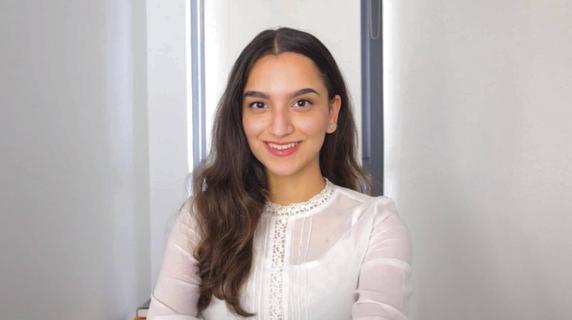
Q2. Do you plan to stay in Australia or return to your homeland?
For international students like myself, this question is undoubtedly one of the most frequently asked. Australia is a wonderful country, and I do intend to build my life here. Recently, I travelled to Tasmania on a work trip as a part of Australia for UNHCR. I often recall how empowering and liberating that felt. My ultimate dream would be to be able to travel internationally, explore new places, make meaningful connections, and continuously evolve my mindset; all while honing my skills as a lawyer. I believe my law degree at UNSW empowers me to move beyond borders and be a global citizen.
Q. Have you ever thought about giving up your law degree and what made you keep going?
The first time I convinced myself to give up my law degree was when I failed my torts mid-term assignment. I was feeling disheartened, cried uncontrollably, and decided to call my parents. My parents completely changed the narrative of my first-ever academic failure – in fact, they asked me to go celebrate it with my favourite meal!
They emphasised the transformative power of failure and how it teaches you to ‘bounce back’. I reached out to my lecturers, learned the right technique, and scored well on the final. This reinforced that I had what it takes to get back up and go at it again! My takeaway? It’s all about resilience.
Q4. What are the most challenging aspects of the law degree?
Personally, the first-ever class of law school was the most challenging aspect of my law degree. As a non-native speaker, sitting in a room of what seemed to be Australia’s brightest minds was daunting, to say the least.
So, this is a reminder that it will not be the most comfortable journey, building confidence is gradual, but it’s important to have the ‘Can do!’ attitude. My advice – stay on top of your readings, don’t be afraid to reach out, surround yourself with like-minded people, and move out of your comfort zone. There is no perfect recipe for acing law school, but these tips make the journey a smoother one!
My psychology degree has been exceptionally beneficial in identifying that there is no one- size-fits-all approach to preventing burnout or managing stress.
Law school can be intimidating, but five years were enough for me to experiment with what works best for me when I am feeling rundown or downright exhausted.
For me – listening to music, talking to family and friends, doodling, and getting good quality sleep helps me re-centre my attention on the next task at hand.
First, don’t be afraid to make friends. Say hi! The person sitting beside you is probably just as nervous and wants a friend too.
Second, relax! Law school seems overwhelming to 30 out of 40 students sitting in your class and it gets better as soon as you recognise the right ‘technique’. To master that, reach out to your lecturers.
Most importantly, remember that being bilingual/multilingual is not something to be embarrassed about. Embrace it and use it as your strength! While you immerse yourself in a new culture, don’t lose your ‘authentic’ self.
"While you immerse yourself in a new culture, don't lose your authentic self."
To all the incoming international students, the decision to study abroad is definitely a brave and important first step that you have made It is always exciting to look forward to a new adventure at UNSW Law
Being an international student myself, I completely understand the feeling when you first arrive in Australia It is normal to feel a bit nervous and anxious at the beginning as you just left a familiar environment The first term might therefore be the toughest as you need to adapt to the teaching style while trying to understand the legal terminology and the whole legal system in Australia I strongly recommend that you reach out to the lecturers when you struggle with understanding some of the contents in class. Send them an email and raise your concerns politely, I am sure the lecturers will try their best to help you out You could also discuss with your fellow peers and make friends in that way!
All things are difficult before they are easy. You will feel much better and comfortable once you get used to the teaching and assessment modes at UNSW Law You will also gradually develop many key skills such as research and critical thinking as your law degree progresses
Apart from your studies, it is also important to look after your wellbeing. There are many activities held by various university societies that you can participate in, based on your personal interests You could also join the subcommittee or executive team of the society if you would like to further develop interpersonal and communication skills These are all great opportunities that you can take to make friends and memories Having a balanced lifestyle helps you to keep a healthy mental state and think more positively!
As international students, we all face different struggles studying abroad In these times of difficulty, the barriers may seem like a real tiger Confidence is gained once we break through the barrier, as we look back to see a paper tiger Therefore, it is crucial that you step out of your comfort zone and overcome the challenges. Everyone in the community is genuinely supportive and would love to give you a helping hand
Lastly, studying at UNSW Law is an extremely rewarding experience I hope you can grab all the opportunities that are offered to you and enjoy your life in Australia!

Leaving your home, your family and your friends can be a frightening experience. Life in Australia can be full of surprises, especially as someone who has lived overseas. Here are some of the best pieces of advice I have received!
First, open yourself up to new opportunities - sporting clubs, societies, and everything in between!

Greet strangers with a smile, you never know how far a simple introduction can take you.
Second, don’t be afraid to let loose! Be open to new ideas, cultures, foods. Culture shock can appear a dreadful thing, but it is every bit as exciting as entering the next chapter of your life.
Lastly, don’t forget your roots. Your family and friends may be physically distant, but they’ll always be there for you!
Cameron ChungWhen I first started law in UNSW, I was really not confident and insecure - about my English, about living all on my own in Sydney, about the upcoming five years of this degree. In the first few terms, speaking up and actively participating in class was a real struggle and definitely always put me out of my comfort zone. I had to push myself to get that class participation mark. But gradually I realised, the more I get involved - in class, in LawSoc and other relevant activities, the more experiences I will make. It was these experiences that strengthened my perspective. Slowly, I started to see the joy in it as my legal knowledge built on each other - doing those readings, going to lectures, even procrastinating on mid-term assignments and late night study session preparing for finals.
I signed up for peer mentor and was tutored by an international JD student. Her study method, self discipline and passion in law really made an impact on me. She understood the difficulty and struggle being an international student getting to know the Australian legal system for the first time. Most importantly, I started to believe that experiencing the most out of this law degree and putting in the effort in all dimensions (study, work, society, socialise) will truly shape a great version of myself.
Talking about work, I found it more difficult for international students to find law related part-time work such as paralegal, legal assistant and law clerks, than local students. Sometimes it may seem like almost all jobs require citizenship and permanent residency. But don’t stop seeking opportunities. Start with internships, volunteering opportunities, or start with Asian law firms. All these experiences that may seem trivial, when added up, can land you somewhere big after graduation.

Thank you for reading Perception 2023! our social media and see you soon on campus!
Wechat Subscription Link:


cription: http://eepurl.com/hJPJNv


hu) is coming up! Please subscribe to our UNSW Wechat to see more updates!
Gloria (International Media Director)